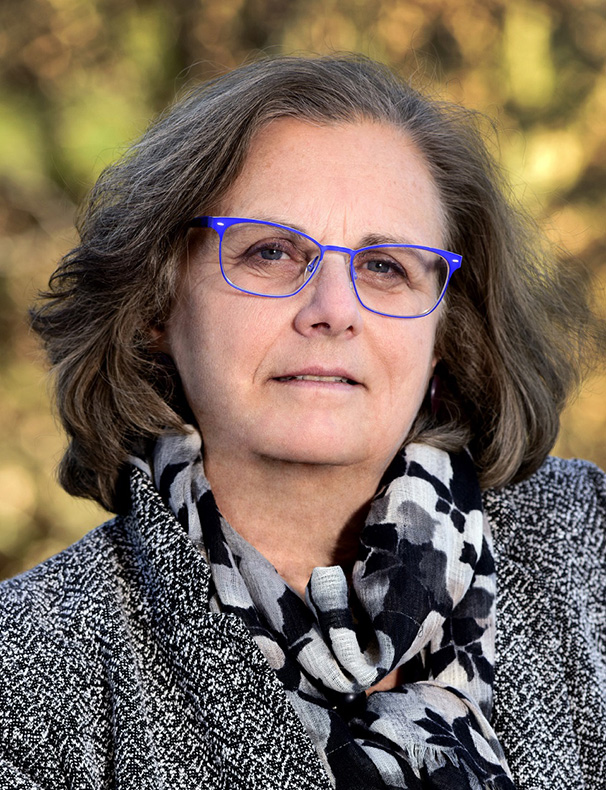Anniversary Biospecimen Collection
As we mark the 20th anniversary of our work together, we are now inviting women in the Sister Study to provide another set of biological samples including blood, urine, and stool. Because exposures and biological processes change over time, these new samples will allow us to account for these changes and recent exposures when studying the factors that affect disease risk, quality of life, and survival after a breast cancer diagnosis. It is important we have women from all walks of life participating in this special effort. We hope you will participate in the 20th Anniversary Biospecimen Collection!
With the incredible help of our more than 50,000 participants, the Sister Study at 20 years has learned many important things about what affects breast cancer and other important women's health conditions. Even after 20 years of research, there is much more we can learn!
1. Blood Sample
Your blood sample will allow us to measure various biological changes that may contribute to cancer development or result from environmental factors you have been exposed to recently. A licensed phlebotomist will collect your blood sample.
2. Urine Sample
Your urine sample will be used to determine what chemicals you’ve been exposed to in your environment. We will provide the materials and instructions for self-collection at home.
3. Stool Sample
Your stool sample will be used to study the gut microbiome, which includes the microorganisms that normally live in your digestive tract and are thought to influence your health. We will provide all materials and instructions for self-collection at home.
Message from Lead Researcher Dale Sandler, Ph.D
Dear Sisters—
How time flies! It is hard to believe that the Sister Study has reached its 20th anniversary. We could not have reached this milestone without you!

Over 50,000 Sister Study participants have dedicated their time and shared valuable information with us to help learn how our environment, lifestyle, and genetics affect risk of breast cancer and other diseases that affect women. With your help, Sister Study researchers have published more than 300 scientific papers! The Sister Study at 20 years has learned many important things about factors that affect breast cancer and other important women's health conditions such as air pollution, early life exposures, personal care products, genetic factors, reproductive history and hormones, and diet, exercise, and sleep. We share some examples in this newsletter:
Special Edition Summer 2024 News Bulletin
This research was made possible by the long-term participation of each and every dedicated sister in the study. The entire team is extremely grateful for your participation in the Sister Study. We have more to learn and plan to continue the study for many years to come. We hope that you will stay engaged and continue to respond to our requests for information.
We wish you good health and happiness in the coming years.
Dale Sandler, Ph.D., lead researcher for the Sister Study